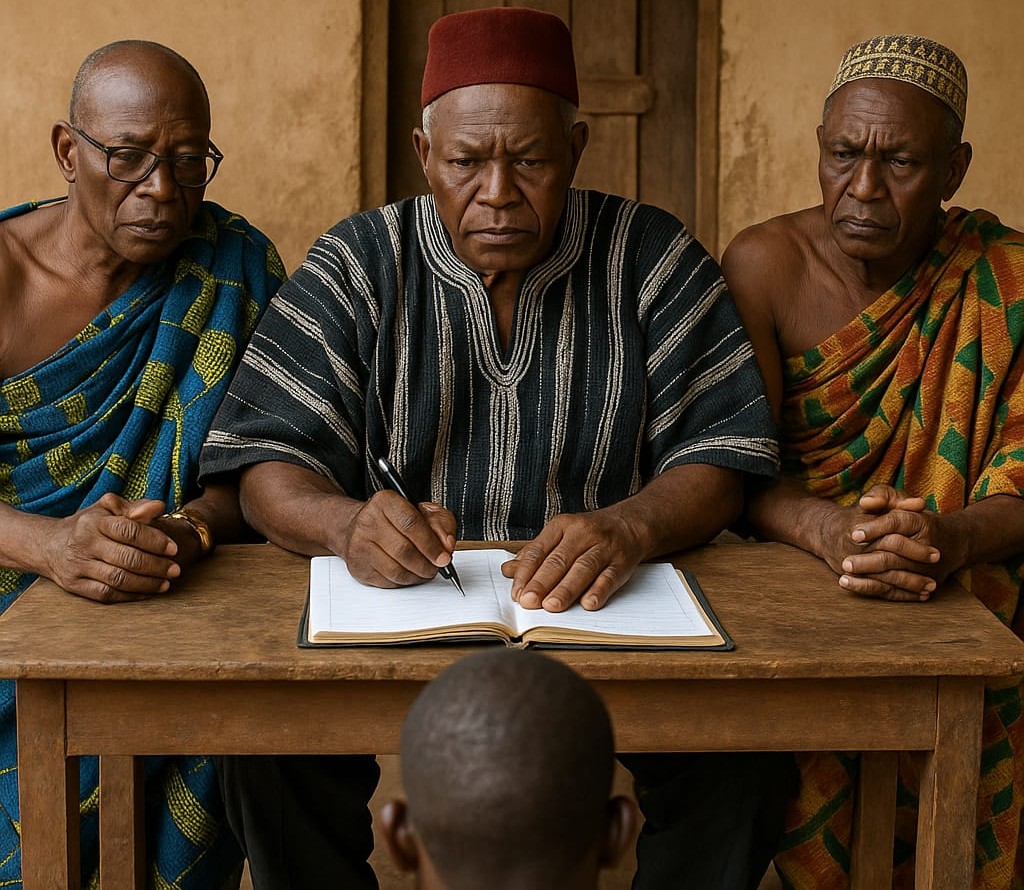Commercial Arbitration
Construction Adjudication
Investment State Dispute Settlement
Energy Arbitration
Financial Mediation & Arbitration
Telecommunications, Media & Technology Arbitration
Maritime Mediation & Arbitration
Treaty-Based Dispute Resolution
Sports Arbitration
Labour Mediation & Arbitration
Intellectual Property Arbitration
Financial Crime, Compliance & AML Disputes
Customary Mediation and Arbitration
CIMA Brochure

Company Brochure
Download

Customary Mediation and Arbitration
The Center for International Mediators and Arbitrators partners with governments, institutions and community-based organizations to advance non-kinetic dispute resolution models that are dialogic, communitarian, and normatively pluralistic, integrating culturally significant norms and Community-Significant Orders (CSOs) into the mediation and customary arbitration processes. Grounded in restorative justice theory and jurisprudential concepts such as Ubuntu, this model transcends adversarialism by embedding dispute resolution within local moral ecologies. It employs culturally legitimate procedures that valorize indigenous authority structures, oral traditions, and consensus-driven outcomes, thereby facilitating socially binding resolutions that restore relational harmony and communal equilibrium. This exemplifies CIMA’s commitment to culturally-situated mediation. CIMA supports the work of Nigeria’s Fusion Cell for Dialogue and Peace Processes and the Accra Initiative. In The Republic of Ghana, CIMA is also a key partner of the country’s National Peace Council and its on-going work on electoral peace and security.
CIMA offers a range of specialized flagship courses – “Law, Practice and Procedure in Customary Arbitration” and on mediation, a new training course titled “Culturally-Situated Mediation and Community-Based Dispute Resolution”, which combines doctrinal instruction in comparative ADR theory with immersive modules on customary legal systems, case simulations rooted in local contexts, and practical engagement with traditional and religious dispute resolution authorities—preparing mediators to deliver outcomes that are procedurally sound and culturally resonant.



